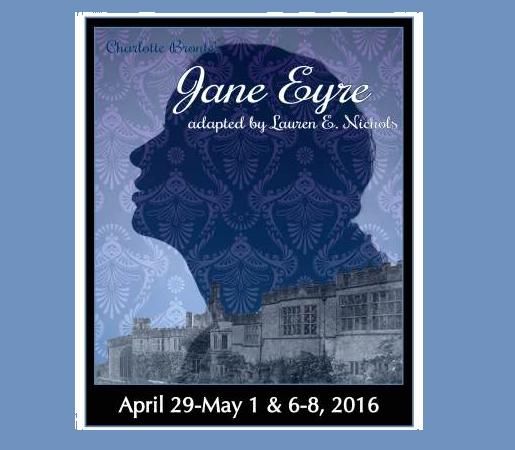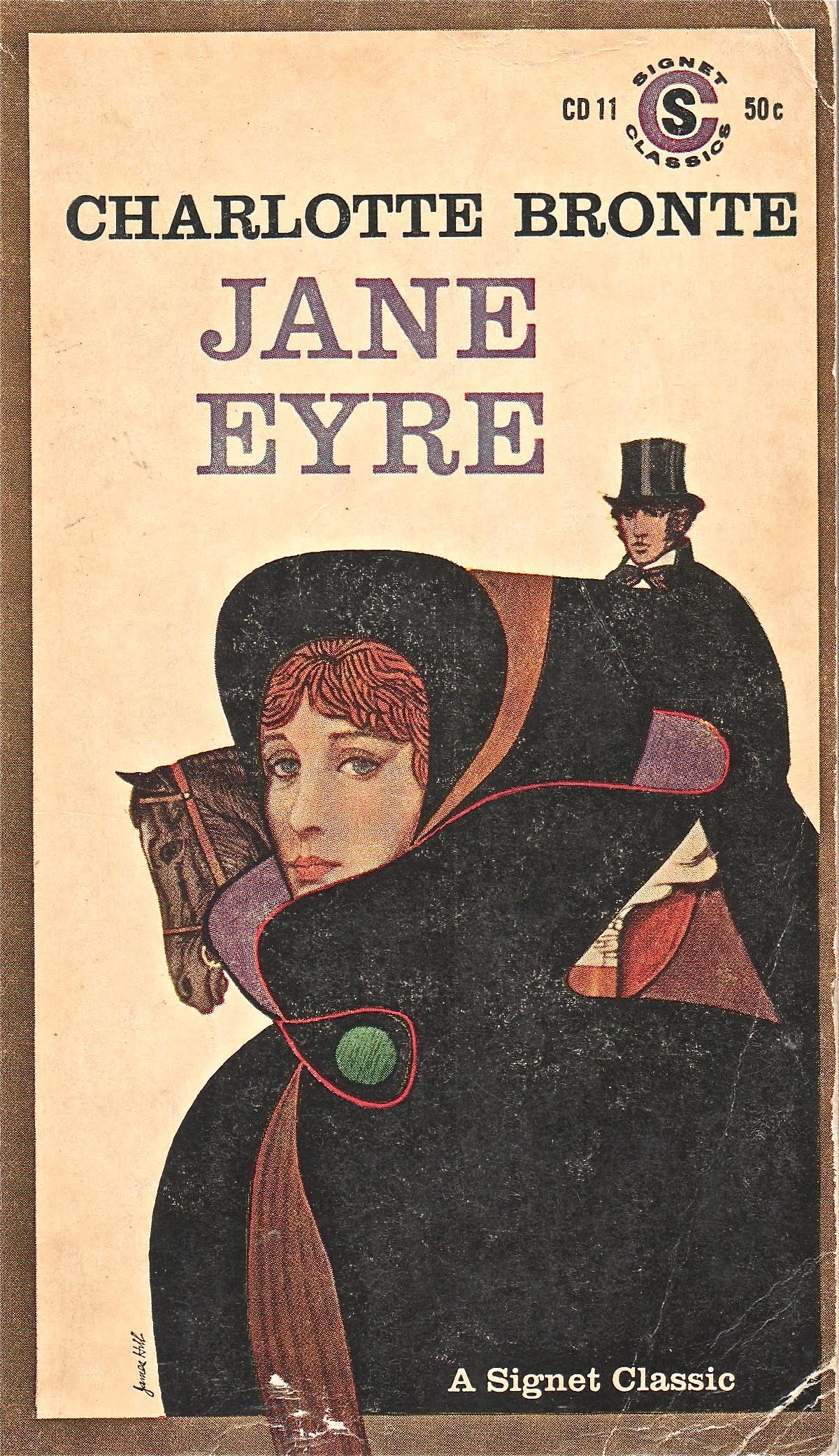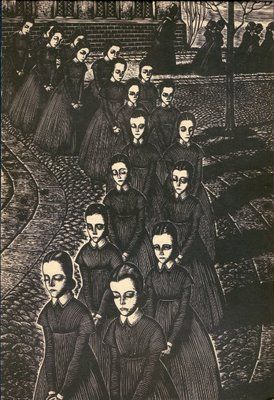JANE EYRE and “Poor Orphan Child”

One thing that struck me when I re-read Jane Eyre just before beginning to write the play, was a ballad that Bessie–a servant of Aunt Reed, and Jane’s nurse of sorts–sang to the young girl at a time when Jane had been especially mistreated. Oddly enough, though I had read the book a score of times before, I had no recollection of reading the lyrics to that song previously! I find it true in all my reading, that different aspects and scenes of a book will speak to us at different times in our lives. This is one

reason I relish the chance to revisit a favorite book after a few years.
I hunted online to see whether “The Poor Orphan Child” was an actual ballad of the time (popular folk ballads were printed as cheap sheet music and sold on street corners or shops).
All evidence points to Charlotte Bronte herself as the author of the lyrics. Whether she had a melody in mind when she wrote them is anybody’s guess, as no tune is listed. But the words were quite evocative to me, and I found myself compelled to write a melody for them. The result will be heard in the opening moments of the play. Although the song’s origin (and singer) are not explained in the context of the play, they have a mournful quality which is appropriate to Jane’s orphan state. Indeed, orphans are a recurring theme, since not only Jane but Adele is (possibly) parentless; the school where Jane teaches later in the story also includes orphans (notably little Alice, Jane’s attendant). Not only children but adults are without parents: Rochester’s father died when he was a young man (no mention is made of his mother); the Rivers siblings have lost their parents.
Lack of mothers was not uncommon, since death in childbirth was still so prevalent a danger for women at the time. Charlotte’s own mother had died a year after her sixth child was born. Charlotte was four at the time and cannot be expected to have strong memories of her mother.
Yet there is a spiritual hope of ultimate and eternal family in the ballad, morbid though it must have seemed to a child. This was another reason I wished to include it, in part, in our production. If you listen closely, you will hear the melody used in other scenes as well.
Here are the lyrics, as presented in the novel Jane Eyre:
My feet they are sore, and my limbs they are weary;
Long is the way, and the mountains are wild;
Soon will the twilight close moonless and dreary
over the path of the poor orphan child.
Why did they send me so far and so lonely,
Up where the moors spread and grey rocks are piled?
Men are hard-hearted, and kind angels only
Watched o’er the steps of a poor orphan child.
Yet distant and softly the night-breeze is blowing,
Clouds there are none, and the clear stars beam mild.
God, in his mercy, protection is showing,
Comfort and hope to the poor orphan child.
E’en should I fall o’er the broken bridge passing,
Or stray in the marshes, by false lights beguiled,
Still will my Father, with promise and blessing,
Take to his bosom the poor orphan child.
There is a thought that for strength should avail me,
Though both of shelter and kindred despoiled:
Heaven is a home, and a rest will not fail me.
God is a friend to the poor orphan child.

